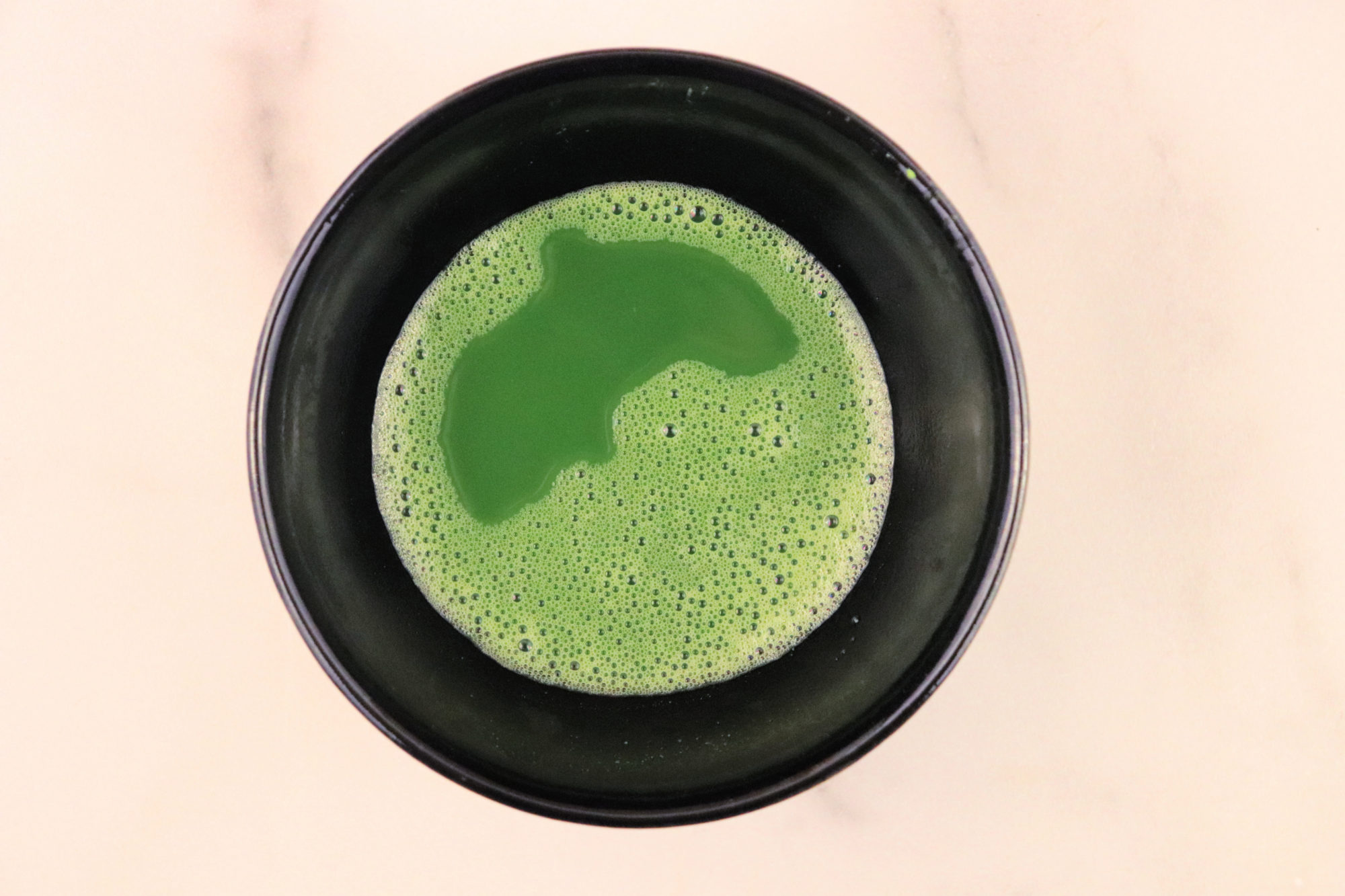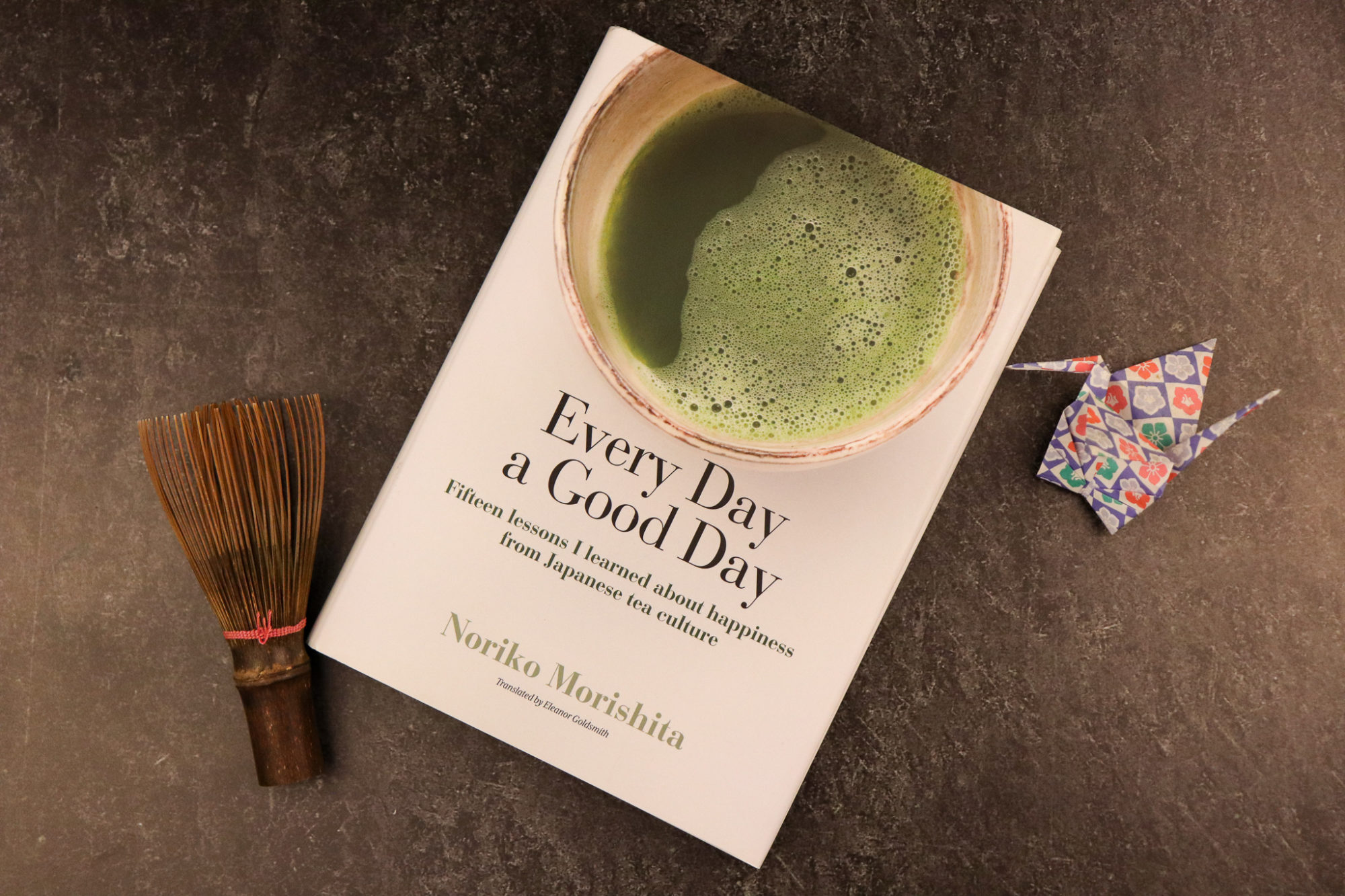This post contains affiliate links. I may earn a commission for purchases made through these links at no additional cost to you. You can find my privacy policy here.
I have never formally studied Chanoyu but as a tea lover, it has always fascinated me. I’ve read many books about the Japanese tea ceremony over the years because of that. I had to pick up a copy of Every Day a Good Day by Noriko Morishita after it was recommended by Sara from Tea Happiness. It took me a few months to get to it but I’m so glad that I did.
What Is It About?
This book’s subtitle gives you a pretty good idea of what it is about: Fifteen lessons I learned about happiness from Japanese tea culture. It was originally published in Japanese but the edition that I read was translated to English by Eleanor Goldsmith.
The author began taking lessons in the Omotesenke school as a college student after being forced into it by her mother. Each chapter is a short essay detailing a particular experience, event, or ah-ha moment that she gained through her tea ceremony lessons. By the last chapter, she had been studying tea for 25 years. Her personal life changes quite a bit during all of that time but gives context to her journey with tea.
After reading several larger format books recently, I really enjoyed the small and portable size of Every Day a Good Day. It’s perfect for toting to the park on a nice day(along with a thermos of tea, of course). Fairly short chapters make this a good book to pick up while waiting for your kettle to boil or slowly sipping a bowl of matcha. The end of the book has a wonderful illustrated list of tea terms. This is super helpful for readers that might not be familiar with some of the most common tea terms.
Scrolls made the wind blow, spray fly, the moon rise, and snowflakes dance. I knew that if I turned up to my Tea lesson, there was bound to be a moment when I would think, I’m so glad I came after all!
Every Day a Good Day by Noriko Morishita
Would I recommend It?
I would absolutely recommend Every Day a Good Day to anyone interested in Japanese tea culture. It’s a good idea for readers to have a basic understanding of Chanoyu, but you don’t need to be an expert by any means. Some sections made me tear up, and others made me laugh out loud. Noriko’s writing is honest and vulnerable, like having a conversation with a close friend. I really appreciated that she did not sugarcoat her experiences. Studying anything for that many years is not easy, and the struggles she described were very relatable. I definitely feel like I deepened my understanding of the Japanese tea ceremony by following her journey.
I’ve been thinking about taking tea ceremony lessons lately so the timing of reading Every Day a Good Day was impeccable. There isn’t anywhere nearby so it will likely take a long commute. That would be best left for after the pandemic blows over (I can only hope that is soon).
Several people commented that there was a movie version when I shared a few notes about this book on Instagram. I was super excited to hear that, but I have not been able to track down a place to watch it. Please let me know if you have any leads for finding it outside of Japan.
Note: The price of this book on Amazon is pretty high for a small hardcover. I was able to score a used copy on there for $28.98.
Have you ever read Every Day a Good Day? Let me know your thoughts in the comments below!

